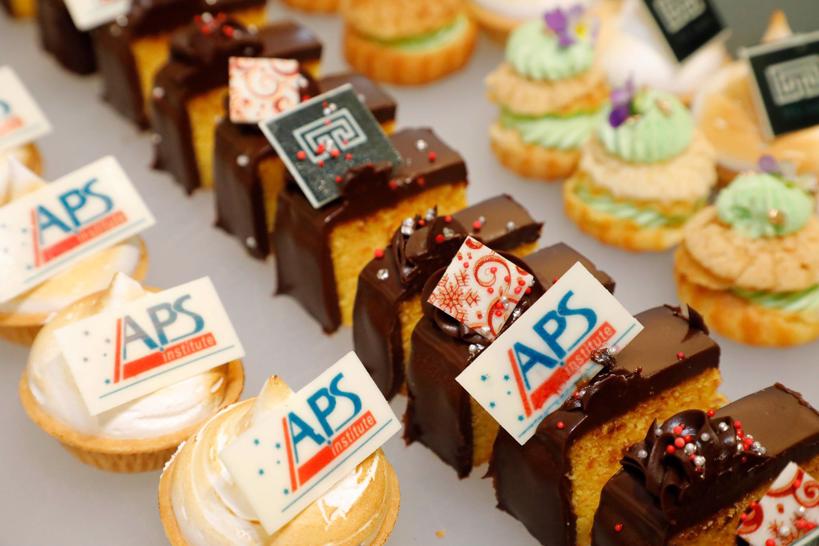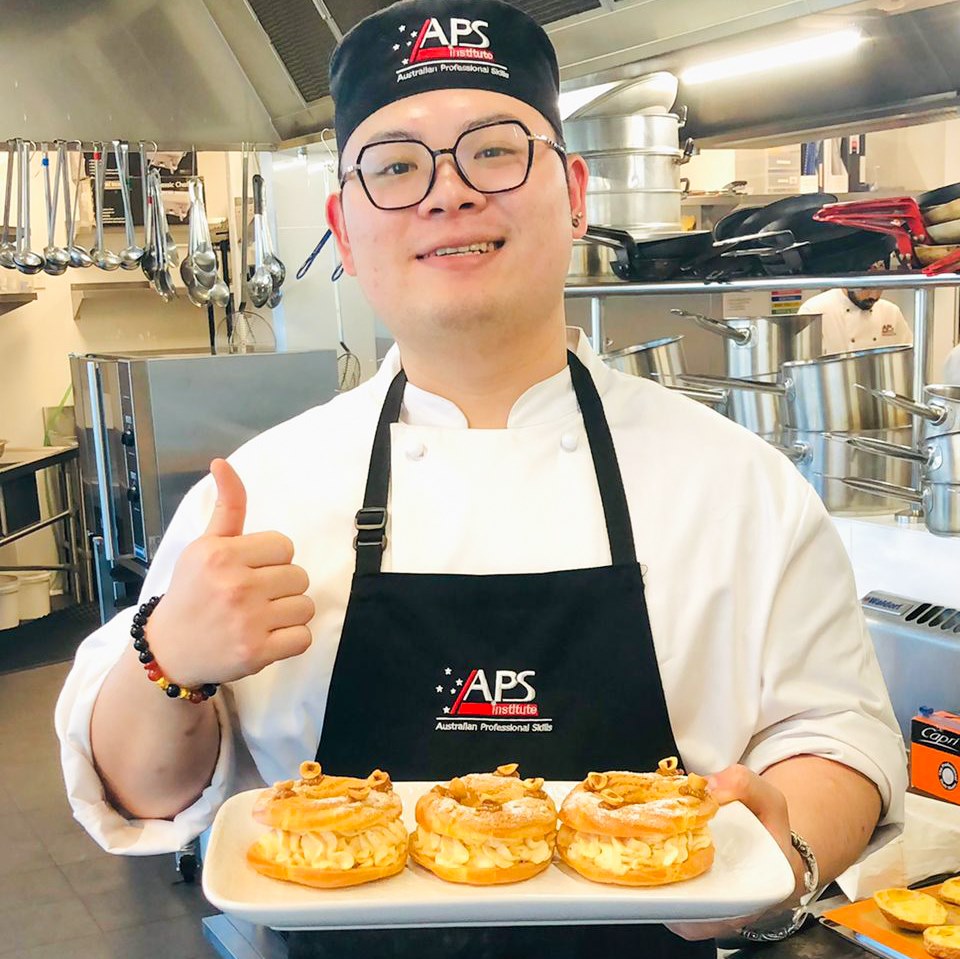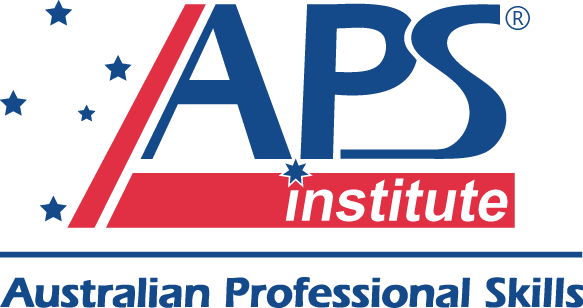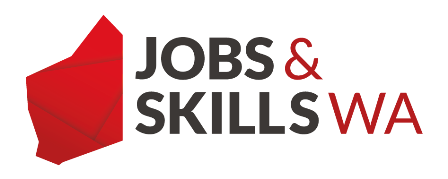
Certificate III in Patisserie
IMPORTANT NOTE: This course is not suitable for persons unable to handle meat, seafood, poultry or dairy. We cannot guarantee that our kitchen facilities are free from potential allergens, including airborne particles of potential allergens. Accordingly, this course may not be suitable for people with severe allergies, including nuts allergies. Please note that all students must complete the units of competency required.
Course Description
Certificate III in Patisserie is designed to equip students with a broad spectrum of theoretical knowledge and practical patissier preparation and presentation techniques to become a pastry chef. Upon completion of this course, students should be able to use a wide range of well-developed patisserie skills and sound knowledge of kitchen operations to produce patisserie products.
Students will have the opportunity to practise patisserie skills in the pastry kitchen of a fully operational commercial kitchen. Our qualified Patisserie trainers will teach students to master a wide range of fine patisserie skills through hands-on practical work.
The course includes an industry work placement which provides students with the necessary on-the-job experience in a pastry kitchen or within a patisserie business or with a bakery.
If you are an Australian permanent resident, you can study this qualification under Priority Industry Training subsided by the Department of Training and Workforce development. This trade qualification is available through the apprenticeship pathway with 3 years on-the-job experience in a pastry kitchen.
Employment Outcomes:
This qualification provides a pathway to work in various organisations where patisserie products are prepared and served, including patisseries, restaurants, hotels, catering operations, clubs, pubs, cafés and coffee shops.
Possible job titles include:
- Pastry Chef
- Patissier
- Chef de Cuisine


Unit Code |
Unit Name |
Core Units |
|
| SITHCCC023 | Use food preparation equipment |
| SITHCCC027 | Prepare dishes using basic methods of cookery |
| SITHCCC034 | Work effectively in a commercial kitchen |
| SITHKOP009 | Clean kitchen premises and equipment |
| SITHPAT011 | Produce cakes |
| SITHPAT012 | Produce specialised cakes |
| SITHPAT013 | Produce pastries |
| SITHPAT014 | Produce yeast-based bakery products |
| SITHPAT015 | Produce petits fours |
| SITHPAT016 | Produce desserts |
| SITXFSA005 | Use hygienic practices for food safety |
| SITXFSA006 | Participate in safe food handling practices |
| SITXHRM007 | Coach others in job skills |
| SITXINV006 | Receive, store and maintain stock |
| SITXWHS005 | Participate in safe work practices |
Elective Units |
|
| SITHCCC042 | Prepare food to meet special dietary requirements |
| SITHPAT017 | Prepare and model marzipan |
| SITHCCC038 | Produce and serve food for buffets |
| SITHKOP010 | Plan and cost recipes |
| HLTAID011 | Provide First Aid |
| SITXINV007 | Purchase goods |



Resource Fees
- Full set of Chef’s uniform, shoes and knife kit / pastry kit
- Course materials – all course materials in electronic form or hard copies
- Food produce / materials used in practical kitchen for the full duration of the course
- Excursions /Expos / site visits
Mode of Delivery
This course is delivered in a mix of face to face training, multi-media demonstrations, hands-on practical training in a commercial kitchen, practical in simulated hospitality environment and workplace training.
Each day of delivery follows the same structure. The first 2 hours involves trainer lead but student focussed explanation, demonstrations, presentations, questions and answers, student practice. The second 2 hours involves the trainer and student undertaking their practical assessment tasks in a commercial kitchen utilising the specialised training facilities under the required supervision of the trainer.
The second day of delivery is conducted at the commercial kitchen for all practical work.
Career Outcome
- Pastry Chef
- Patissier
- Chef de Cuisine
Course Duration
Entry Requirements
- Minimum 18 years of age (for international students only)
- Completion of Year 11 or high school or equivalent
- Have a passion to work in the kitchen or hospitality industry
- For international students and English language requirements, please view the page for entry requirements here.
- This course is not suitable for persons unable to handle sugar or dairy products.
Timetable
Students need to attend face to face training at APSI campus and other training locations for a minimum of 20 hours per week.
Class hours (Practical Classes): Monday to Saturday - between 7 am to 8 pm.
Class hours (Theory Classes): Monday to Friday - between 8:30 am to 5 pm.
Timetables/Delivery Schedules/Classes are subject to change without prior notice due to availability of training kitchens and teaching staff. Students will be given a timetable during orientation.
Assessment Methods
Assessment is based on the principles of competency based training. Performance of learners is assessed on their ability to perform the task(s) to industry standards. In order to ensure the principles of validity are upheld are variety of learning styles and a range of assessment strategies are used.
Assessment for each unit of competence will be through a combination of classroom based and work placement tasks. Classroom based assessment includes but is not limited to:
- Classroom exercises
- Assignments
- Practical demonstrations
- Group Activities
- Projects
- Verbal and/or written questions
Students are advised well in advance of assessment activities and a student may put forward for consideration any special needs they may have. The assessment criterion is documented in all modules, and workbooks. Dates of assessment are provided on the first day of class along with a timetable. Students may be assessed by a combination of continuous assessment and examinations. Continuous assessment may be based on competencies and marks, or a combination of both.
Uniform
All commercial cookery and patisserie students are required to purchase one full set of chef’s uniform through APSI’s designed supplier. The chef’s uniform consists of chef’s jacket, trousers, apron, chef’s hat and protective footwear. All students must wear full set of chef’s uniform when they attend training in the commercial kitchen.
Students are also required to purchase one full set of knives and pastry tool kits for all practical classes.
Dress code while attending theory class at APSI campus
There is a dress code for all hospitality students. Students are required to wear a white shirt / blouse and black trousers or skirt while attending class. Flat black non-slip covered shoes must be worn at all times.
All learners are required to wear in accordance with Perth Hospitality Academy Front of House and Cookery Students Dress Code while attending workplace training.
Recognition of Prior Learning
Recognition of Prior Learning (RPL)
RPL is available to anyone who has experience working in a commercial kitchen.
RPL:
- provides an alternative pathway to achieving a qualification without course attendance
- is a consultative process between with the candidate and the assessor to determine whether the candidate has acquired the requisite learning, skills and knowledge to demonstrate that they have achieved the required learning outcomes or performance criteria of the course or qualification, for which the candidate is seeking
- identifies where appropriate additional learning experiences or training gaps are needed to achieve the course or qualification
- is the conduct of an assessment to confirm competency.
APSI has developed a process that promotes holistic and task-based assessment. It focuses on relating assessment activities to actual job tasks. The intention of this model is to streamline and simplify the process of recognising competency.
Prior to RPL, information is provided to the candidate on the assessment process. Specific advice is given to each candidate on how they can demonstrate their competence and what documentary evidence is required to support their application. Each industry has unique documents that can provide evidence of experience and competence.
The candidate is required to provide adequate information prior to, throughout and after a training and assessment experience. The assessor, in this process, needs to be fully aware of the needs of the candidate and help them identify relevant workplace personnel who can confirm the candidate’s competency.
The focus of the APSI streamlined holistic assessment process is to focus on demonstrated skills and knowledge and not to rely purely on documentary evidence as the main source of evidence.
Some examples of documentary evidence that can support the process include:
- licences such as First Aid, RSA
- CV or work history with details of job role and responsibilities
- previous qualifications from overseas and Australia
- certificates and records of results or assessments completed with other RTO’s
- photographs of work undertaken
- samples of related project work
- diaries of tasks performed
- task sheets/job sheets/logbooks
- site training records
- pay slips / employment contracts / job descriptions
- memberships of relevant professional associations
- references/letters/third party reports from previous employers/supervisors
- industry awards
- performance appraisals
Accreditation
Articulation
Employment Skills
(Source: AQF Implementation Handbook 2007)
Location of Delivery
East Perth main campus
Wellington Fair, 40 Lord Street, East Perth, WA 6004 Western Australia
Practical kitchens and industry work placement
Rendezvous Hotel Perth Scarborough
Address: 148 The Esplanade, Scarborough, WA 6019
Rendezvous Hotel Perth Central
Address: 24 Mount Street, Perth WA 6000
Website| rendezvoushotels.com
Industry Workplace Training
At the Workplace approved by your course coordinator
Disclaimer
The information contained on this website is current at the time of publishing. Australian Professional Skills Institute reserves the right to change the admission requirements, fees, location of delivery and units of competency whenever necessary. Please contact us for the most current information.



